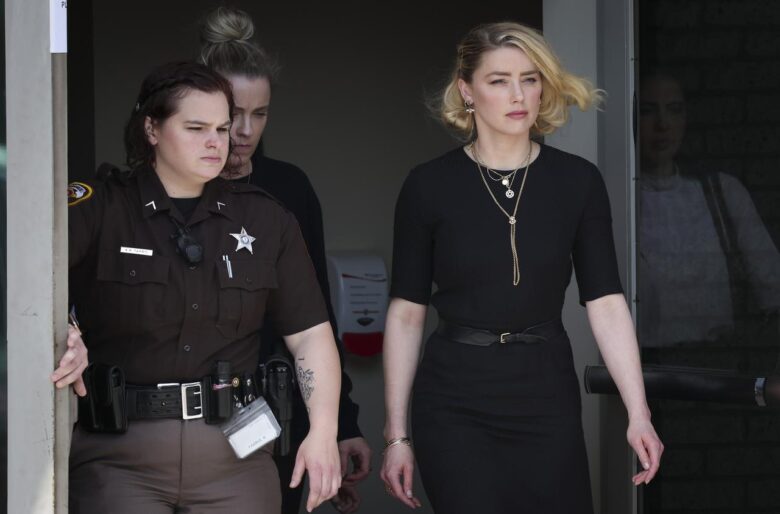In a trial in which actor Johnny Depp sued his ex-wife, Amber Heard, for defamation, the jury found that Amber defamed Johnny through her editorial and ordered Amber to pay compensation, while Johnny was also ordered to pay compensation to Amber. Legally, Johnny won the case, but why?
Johnny Depp and Amber Heard’s defamation trial resulted in
Actor Johnny Depp, known for his best-known films such as the “Pirates of the Caribbean” film series, has won a defamation lawsuit against his ex-wife, actress Amber Heard.
The defamation lawsuit was triggered by an op-ed Amber wrote for the Wasington Post in 2018. In the op-ed, Amber did not name Johnny, but she accused him of domestic violence in a way that identified him as Johnny. Johnny sued Amber for $50 million in damages, claiming that this constituted defamation. Amber, on the other hand, countersued Johnny for $100 million, claiming that his slanderous campaign had damaged her career and reputation.

The jury ordered Amber to pay Johnny $10 million in compensatory damages and another $5 million in punitive damages. Under Virginia law, where the trial took place, punitive damages are capped at $350,000, so Johnny will get a little more than $10 million. However, this was not the only verdict the jury reached in the trial. Although legally Johnny won the case, Amber also won $2 million in damages in her counterclaim against Johnny. So why were damages awarded to both Johnny and Amber?
Why were damages awarded to both?
First, the seven jurors in this trial had to decide whether several statements by both Johnny and Amber were defamatory.
Johnny’s legal claims stemmed from a Wasington Post op-ed published by Amber in 2018, in which the jury was asked to decide whether the op-ed’s headline “Amber Heard: I spoke up against sexual violence – and faced our This has to change” (1), as well as “Two years ago, I became a public figure representing domestic violence and incurred the wrath of this culture” (2), and “I was in the rare position to see in real time the system that protects men accused of abuse. I was in the rare position of being able to see it in real time” (3), were asked to consider whether these statements were defamatory.
If the jury found any one of these three to be libelous, Johnny could have won his case, but in the end the jury found that the editorial headline, the two statements, and all three were libelous.

In contrast, Amber’s side, which countersued Johnny, claimed that Adam Waldman, the lawyer who once represented Johnny in the countersuit, made defamatory statements about Amber in several articles in the UK Daily Mail. Amber’s side claims that Mr. Waldman told a Daily Mail reporter, “Amber Heard and her friends in the media are using the false sexual assault allegations as both a sword and a shield for their own needs.”(1) “Simply put, this was a trap and a hoax. They called the police to try to frame Mr. Depp, but their first attempt was unsuccessful. The police officers came to the penthouse (where Johnny and Amber were living at the time), conducted a thorough search and interview, and left after making sure there was no damage to (Amber’s) face or room. There, Amber and her friends spilled a little wine and stormed the place, and under the direction of their lawyer and publicist, they put their story together and called 911 (*U.S. emergency number) for a second time.”(2) The two statements were noted to be defamatory.
The jury considered the two statements separately and ultimately found that statement (2), which begins with the sentence “Simply put, this was a trap and a hoax,” was defamatory.
Incidentally, the reason why the amount of damages was higher for Johnny than for Amber, even though both were found to be libelous, is that Johnny was found to be libelous on three counts, while Amber was found to be libelous on only one count.


コメント